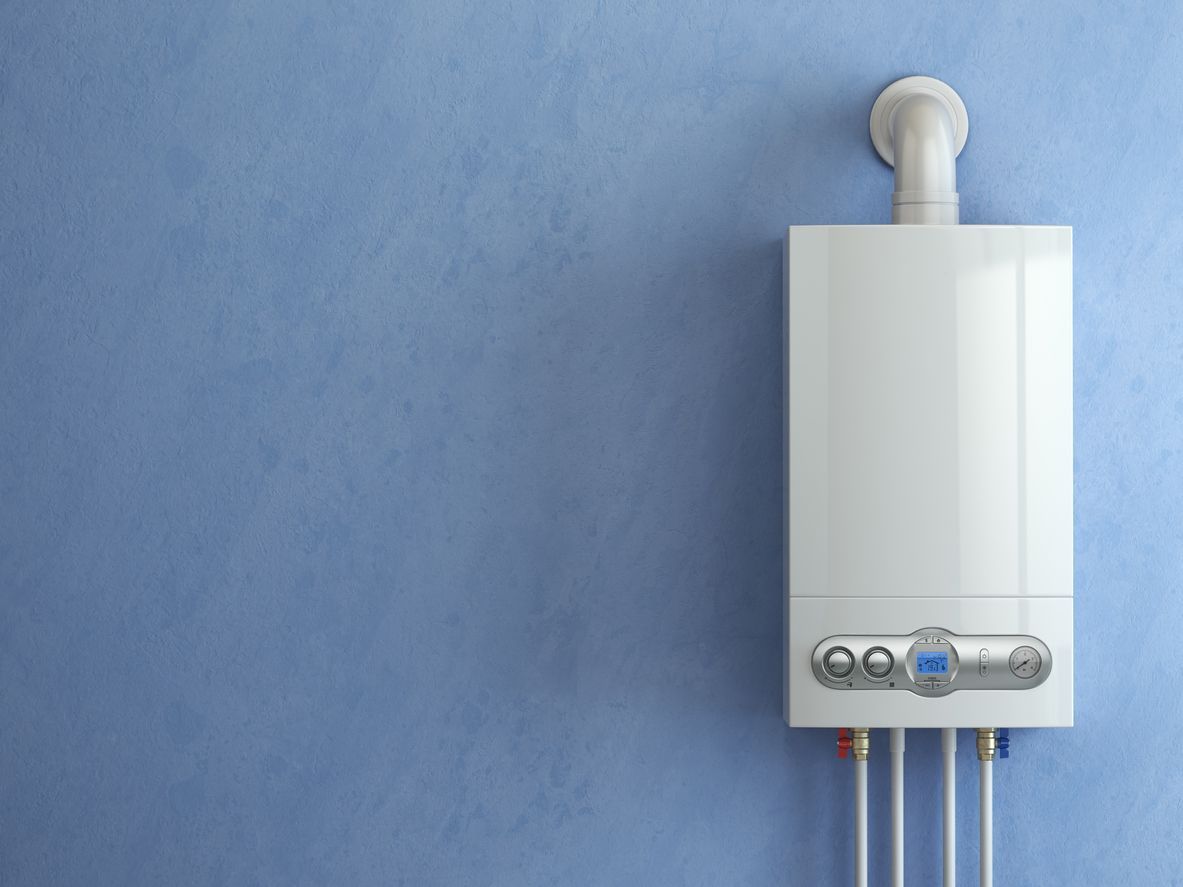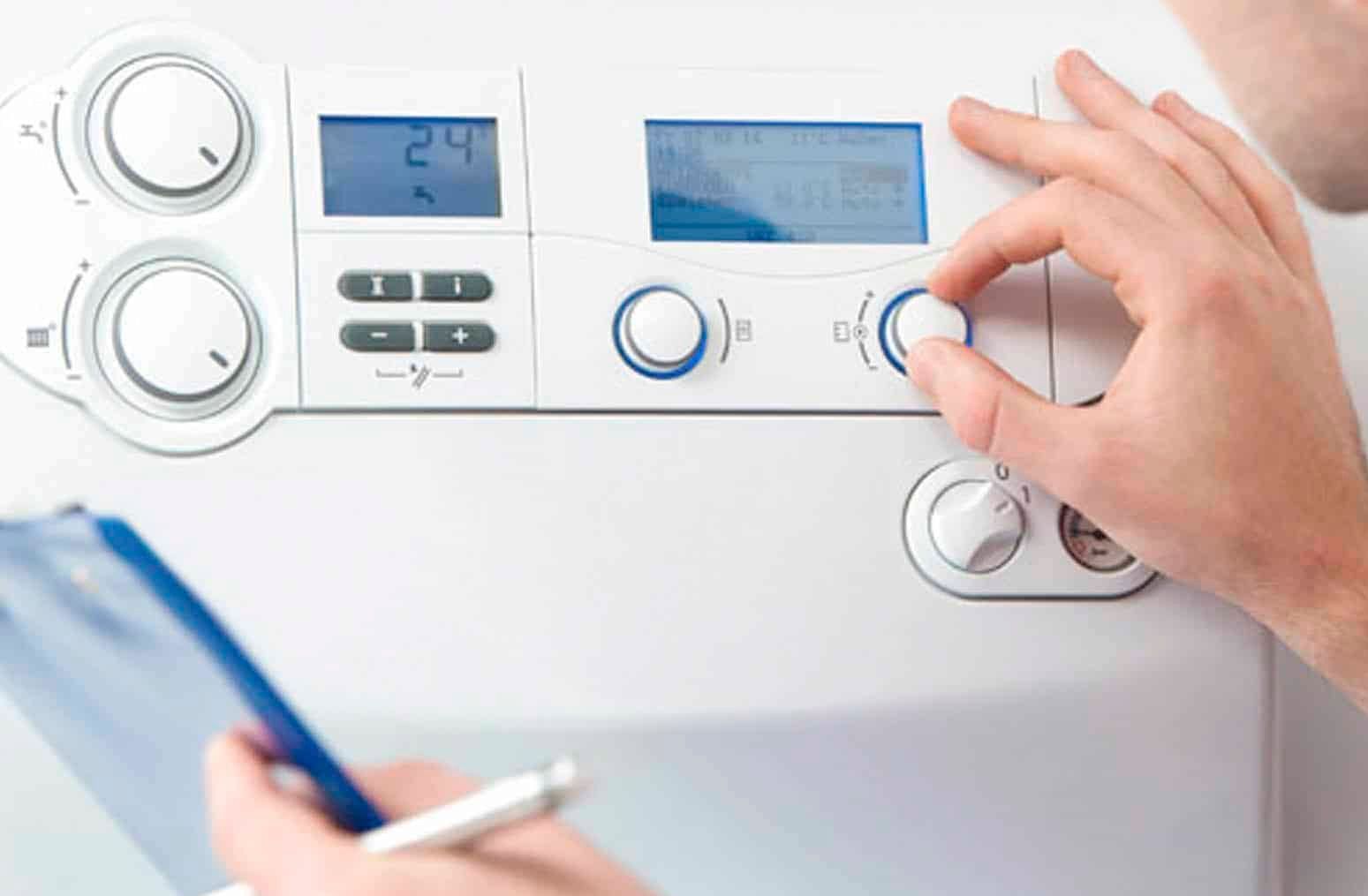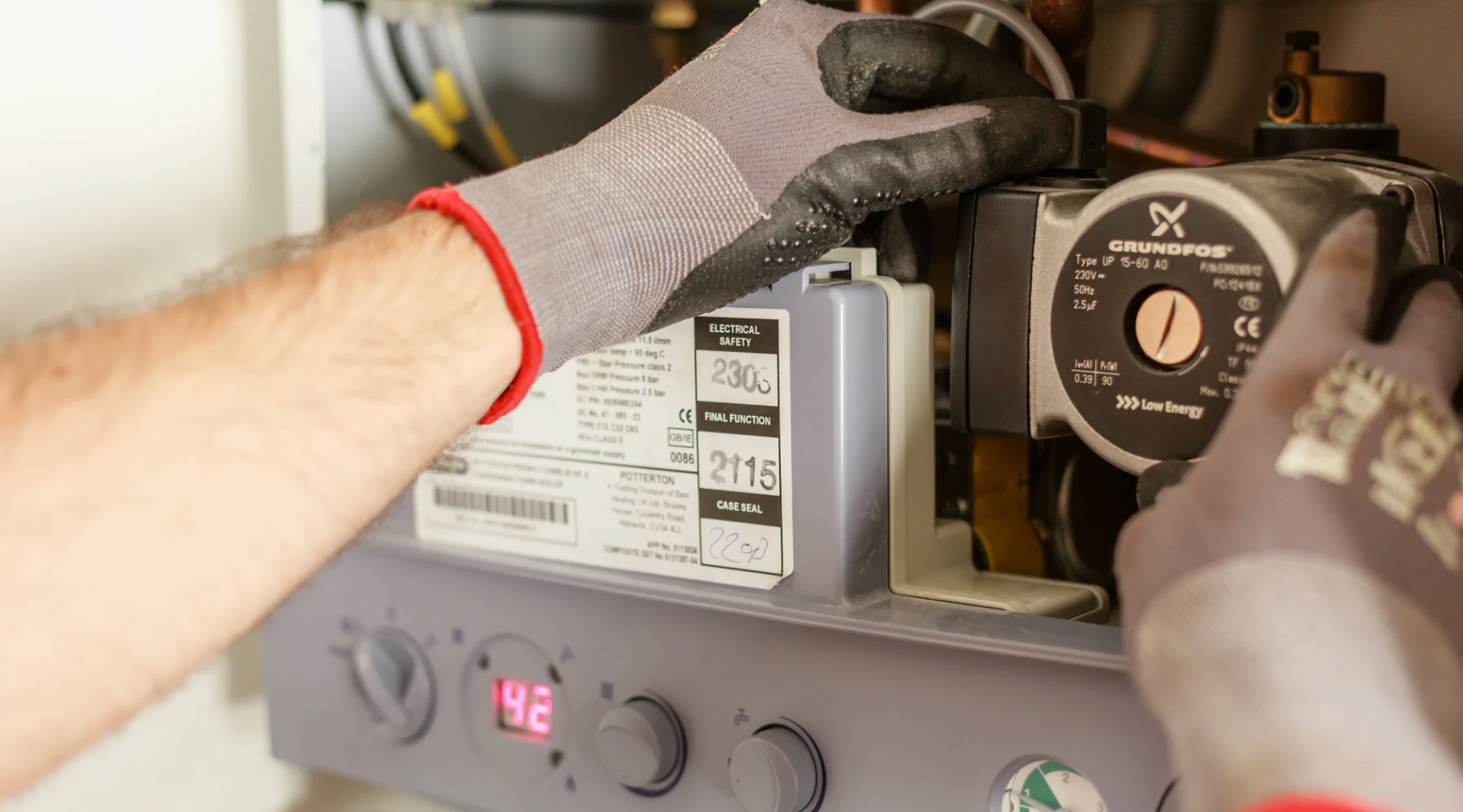What are the common Boiler Warning Signs That Demand Immediate Attention?
What are the common Boiler Warning Signs That Demand Immediate Attention?
In the heart of winter, a reliable boiler is a homeowner's best friend. It provides warmth and comfort, ensuring your living space remains cosy even when the temperatures drop. However, like any mechanical system, boilers can experience issues over time. Understanding the common boiler leaks, faults, and warning signs is essential for your boiler system's safety, efficiency, and longevity.
The Importance of a Healthy Boiler
Your boiler is an essential component of your home's heating mode system. It provides hot, cold and lukewarm water and maintains a comfortable temperature indoors. A well-maintained boiler ensures energy efficiency and helps you avoid unexpected breakdowns.

Identifying a Common Boiler Fault
A well-functioning boiler runs smoothly and quietly. When issues arise, it often signals its distress through various warning signs. Here are some of the most common ones:
1. Unusual Noises
Example: If your boiler starts making clanging, banging, or whistling noises, it indicates something is amiss.
Expert Tip: Unusual noises could be due to trapped air, low water pressure, or faulty components. Consult a professional to diagnose the issue and resolve it promptly.
2. Inconsistent Heating
Example: You may notice that some rooms in your home are warmer than others or that your heating cycles are shorter and less effective.
Expert Tip: Inconsistent heating can be caused by limescale buildup, sludge in the system, or a malfunctioning thermostat. A professional can help pinpoint the exact cause.
3. Sudden Increase in Energy Bills
Example: If your heating bills have skyrocketed without a significant change in your heating habits, it's an indicator that your boiler is losing efficiency.
Expert Tip: A decline in efficiency can be due to various factors, including ageing components or poor maintenance. A technician can assess your boiler's condition and recommend repairs or upgrades.
4. Frequent Pilot Light Outages
Example: If you frequently relight the pilot light, it could indicate underlying issues.
Expert Tip: Pilot light issues may be caused by thermocouple problems or issues with the gas supply. These need prompt attention to ensure the safety of your system.
5. Visible Leaks
Example: A leak will likely need attention if you notice puddles or damp spots around your boiler.
Expert Tip: Leaks can be caused by damaged seals, corroded pipes, or pressure problems. Ignoring this can lead to further damage and higher repair costs.
6. Foul Odors
Example: Unpleasant odours, such as a burning smell or a scent reminiscent of sulfur, can indicate a problem with your boiler.
Expert Tip: Strange odours may be caused by dust accumulation, overheating, or gas leaks. Safety is a priority here; contact a professional immediately if you smell gas.

The Expert Process for Addressing Boiler Warning Signs
To ensure your gas boiler continues to operate safely and efficiently, you should follow a systematic process when you encounter warning signs. Here's how experts tackle these issues:
1. Safety First
The safety of your home and family is paramount. If you notice warning signs like unusual odours or gas leaks, shut off your boiler, ventilate your home, and leave the premises. Contact emergency services if necessary.
2. Call a Professional
When you encounter any warning signs mentioned earlier, contacting a certified boiler technician is crucial. They possess the knowledge and experience to diagnose the issue accurately.
3. Diagnosis and Assessment
The technician will conduct a thorough inspection of your boiler system. They will check for a gas leak, inspect the heating elements, examine the pressure, and assess the overall condition of the boiler heat.
4. Repairs or Upgrades
Based on their assessment, the technician will recommend necessary repairs or upgrades. These may include fixing a leak, replacing faulty components, or upgrading most boilers for improved efficiency.
5. Regular Servicing
After addressing the warning signs, you must schedule regular maintenance for your boiler. Experts recommend annual maintenance to ensure its long-term health.

Preventive Measures for a Healthy Boiler
While prompt action is crucial when warning signs appear, proactive maintenance can significantly reduce the likelihood of these issues. Here are some preventive measures recommended by experts:
1. Annual Servicing
Schedule an annual boiler service with a qualified technician. This preventive measure helps identify and address potential problems, such as gas leaks before they escalate.
2. Regular Bleeding of Radiators
To maintain even heating throughout your home, bleed your radiators regularly to release trapped air and check the thermostat to confirm.
3. Monitor Pressure Levels
Keep an eye on your gas boiler's pressure gauge. If it drops below the recommended levels, it could indicate a problem with the system.
4. Upgrade to a Smart Thermostat
Installing a smart thermostat allows you to monitor and control your heating system remotely, ensuring efficient energy use.
5. Limescale Prevention
Use limescale prevention methods like water softeners to reduce scale buildup in your boiler's pipes and components.
6. Invest in a Carbon Monoxide Detector
A carbon monoxide leak can be a severe safety concern. Installing a detector in your home can alert you to this invisible threat.

Regular Maintenance: The Key to a Long-Lasting Boiler
Your boiler or heat radiator is invaluable to your home, providing comfort and warmth during the colder months. Regular maintenance is the key to long-lasting and efficient modern boilers and heat well. By understanding common warning signs, taking prompt action, and following expert tips for prevention and boiler replacement, you can ensure the safety and reliability of your central heating system.
Preserving Your Home's Comfort and Safety
Promptly recognising and addressing standard warnings and signs that your boiler needs it, along with following our expert procedures and implementing preventive measures, are crucial to ensure your boiler's continued safe and efficient operation. By entrusting the care of your boiler to Plumb Call, you're preserving your boiler for your comfort and ensuring your household's well-being.
You Might Also Like




